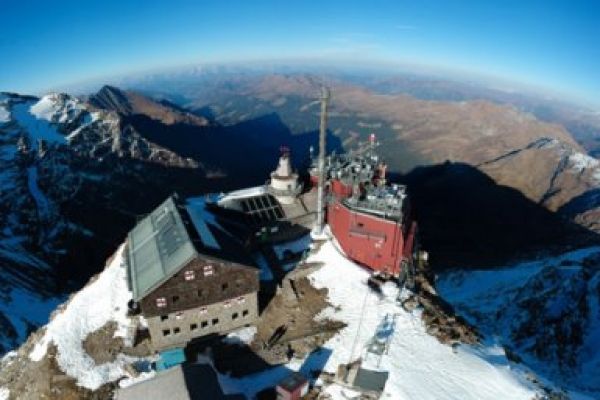This is the first time that nanoplastics were found in this area. The researchers were originally looking for certain organic particles, but found nanoplastics by chance, discovering a new analysis method for detecting nanoplastics in the process. The research is published today external linkin Environmental Pollution.
The researchers were looking for organic particles by taking samples of snow or ice, evaporating them, and then burning the residue to detect and analyse the vapours. “Our detection method is a bit like a mechanical nose. And unexpectedly, it smelled burning plastics in our snow samples,” lead researcher Dušan Materić explains. The detector found the smell of several types of plastic, mostly polypropylene (PP) and polyethylene terephthalate (PET).
The detected plastic particles turned out to be less than 200 nm in size, about one hundredth the width of a human hair. That is significantly smaller than plastic particles detected in previous studies. “With this detection method, we are the first group to quantify nanoplastics in the environment,” says Materić. “Since the high Alps are a very remote and pristine area, we were quite shocked and surprised to find such a high concentration of nanoplastics there.” The results suggest that in addition to microplastics, there might be as much nanoplastics present in these remote places.
Continue reading at Utrecht University
Image via Utrecht University


